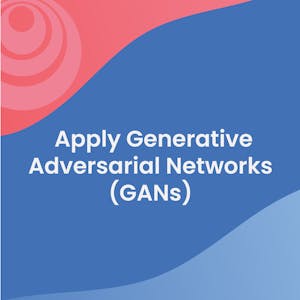Systems Thinking Basics
About this Course
This course aims to help you understand the basic principles and concepts of systems thinking, identify and analyze the interrelationships in complex systems, apply systems thinking tools and methods to real-world problems and opportunities, and generate innovative ideas and solutions using systems thinking approaches. The course aims to cultivate an ability to think holistically, enabling learners to see beyond parts and appreciate the whole picture, which is crucial for addressing modern challenges across various domains, including business, environmental issues, and social systems. This course is designed for Business Analysts, Project Managers, Strategy Consultants, Business Leaders, and Entrepreneurs. These professionals navigate complex environments and make strategic decisions that impact their organizations. By learning systems thinking skills, they will enhance their ability to see the bigger picture, recognize patterns, and understand business interconnections. Participants should have a keen interest in problem-solving techniques and be open to questioning the status quo. This mindset is essential as systems thinking often involves challenging existing assumptions and considering new perspectives. No prior knowledge of systems thinking is required, but a willingness to engage with complex concepts and collaborate with others will be beneficial. After completing this course, learners will be able to analyze complex systems by identifying and mapping their elements, interconnections, and feedback loops. They will apply systems thinking tools and methods to real-world problems and opportunities, demonstrating their ability to create holistic solutions. Additionally, learners will generate innovative ideas and solutions using systems thinking approaches, harnessing their critical and creative thinking skills to drive positive change in their organizations.Created by: Coursera Instructor Network

Related Online Courses
Many people report engaging in study habits that are not very effective or very efficient. How do we know what strategies are best? Cognitive psychologists have been doing research to ask this very... more
In this course, you will: - Explore the applications of GANs and examine them wrt data augmentation, privacy, and anonymity - Leverage the image-to-image translation framework and identify... more
Welcome to the third course in the Building Cloud Computing Solutions at Scale Specialization! In this course, you will learn how to apply Data Engineering to real-world projects using the Cloud... more
Learn how to identify the enablers and barriers to learning transfer. Use your own experience to categorise the processes and activities involved in learning and transferring that learning into... more
Your department is steadily inundated with projects and has tight deadlines to meet. The last thing you want is to sift through non-technical user stories, translate them into technical... more








